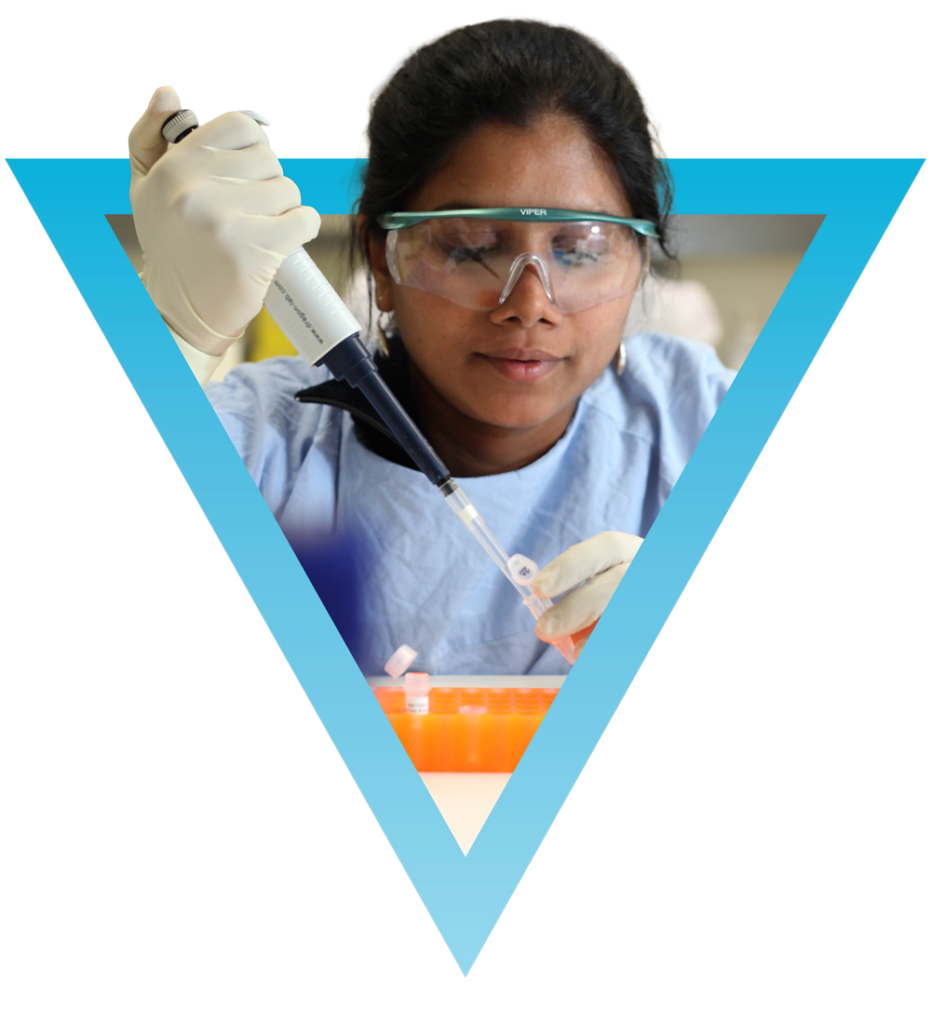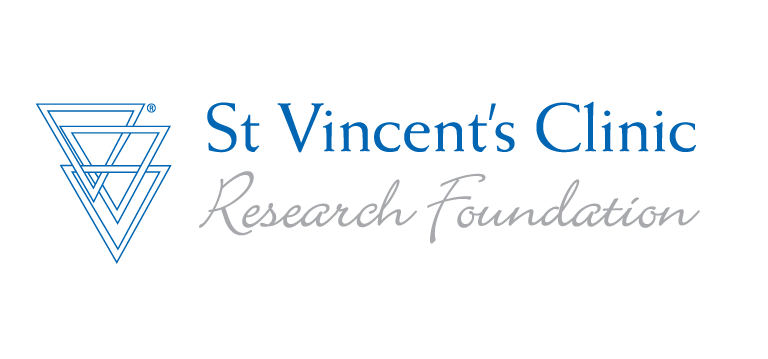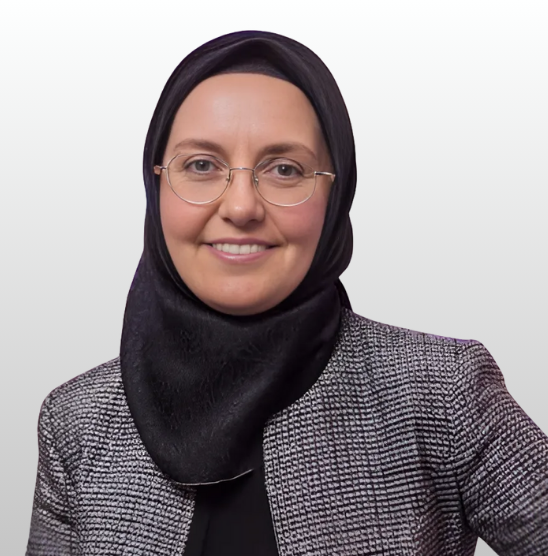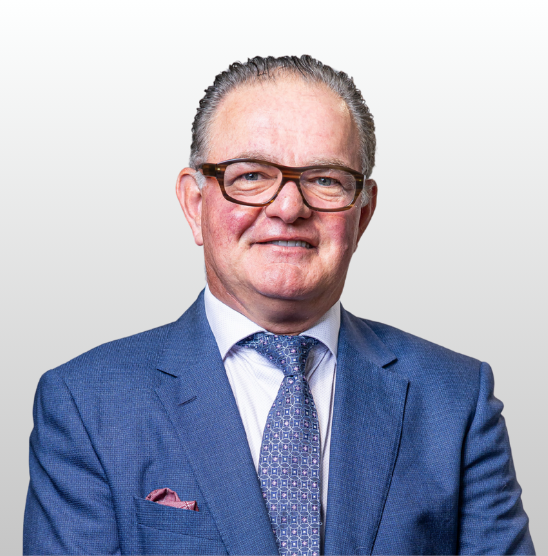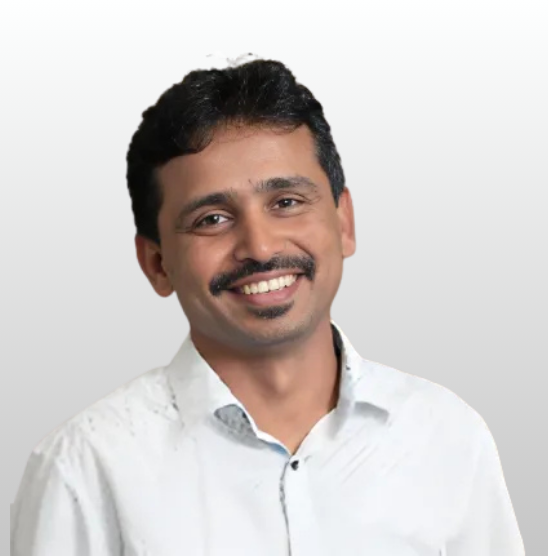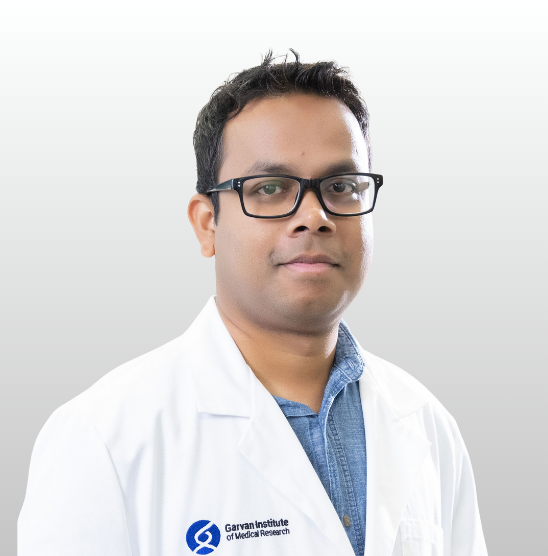Celebrating Excellence in Patient-Focused Research
Our 2026 grant recipients are leading innovative, patient-focused research across the St Vincent’s Sydney Health Innovation Precinct. From clinician-led projects driving clinical excellence to multidisciplinary grants led by nurses and allied health professionals, these grants support diverse ideas with real impact.
Congratulations to all recipients – your work is shaping the future of patient care.
Every dollar we receive is directed to our grants, and it is through the generosity of our donors that this important research is possible.
